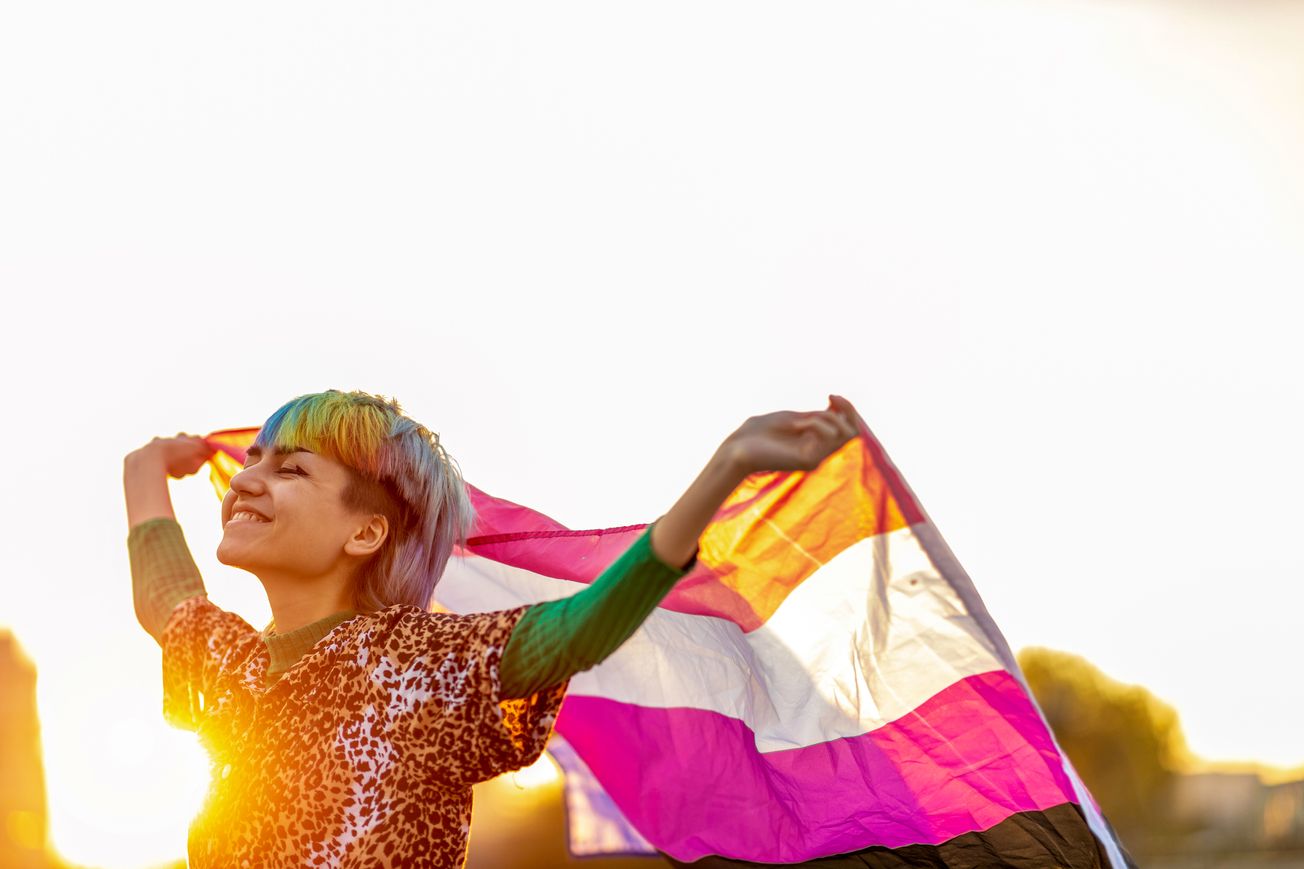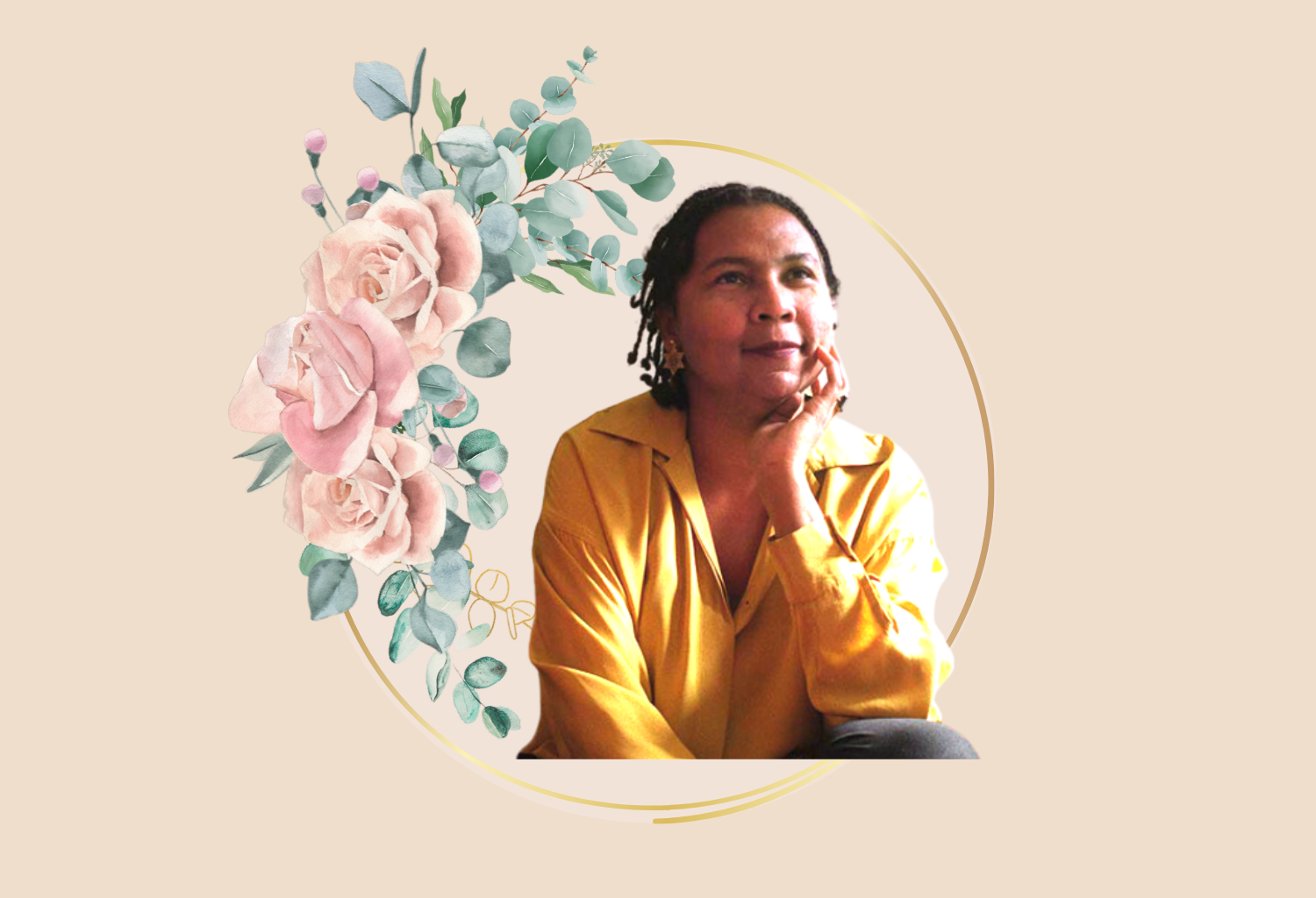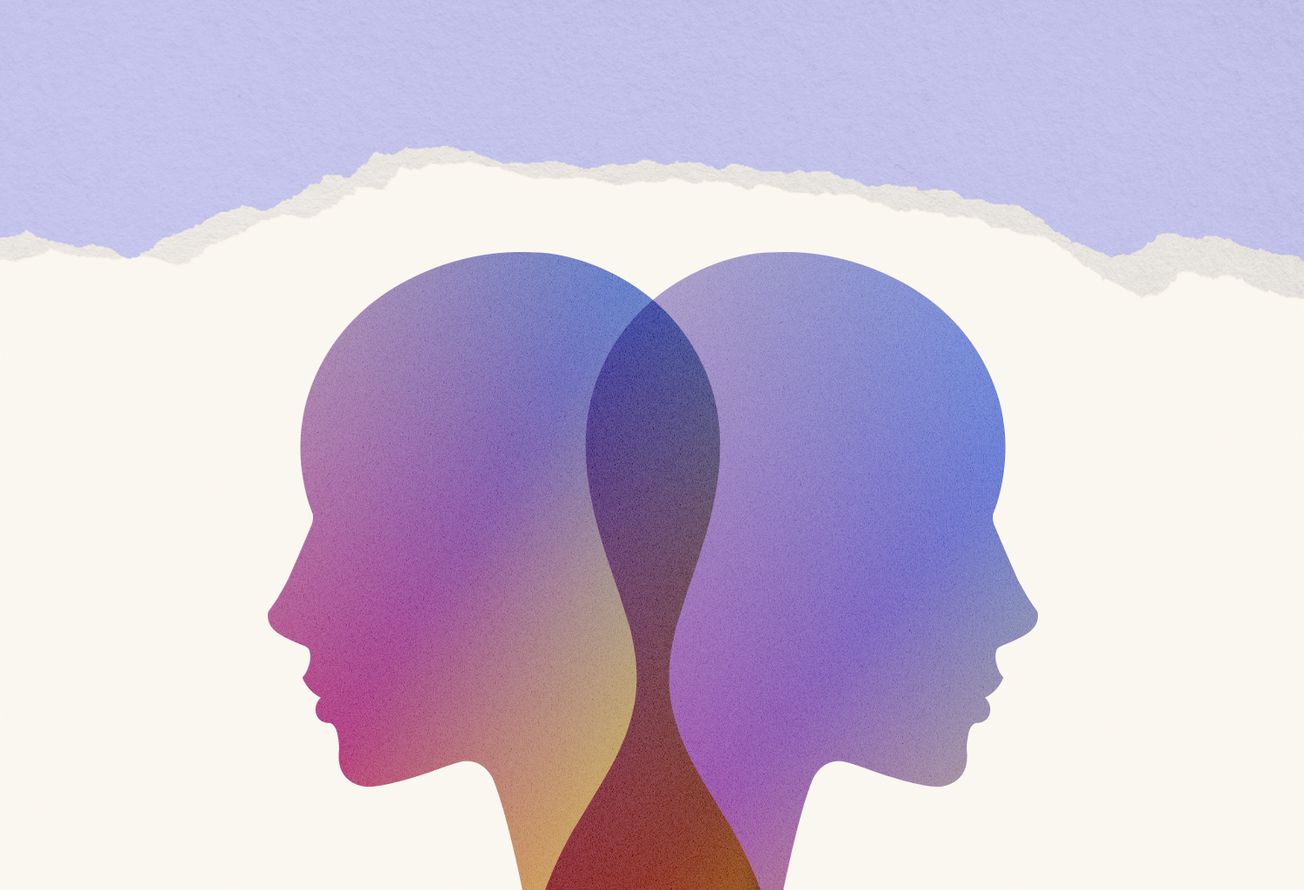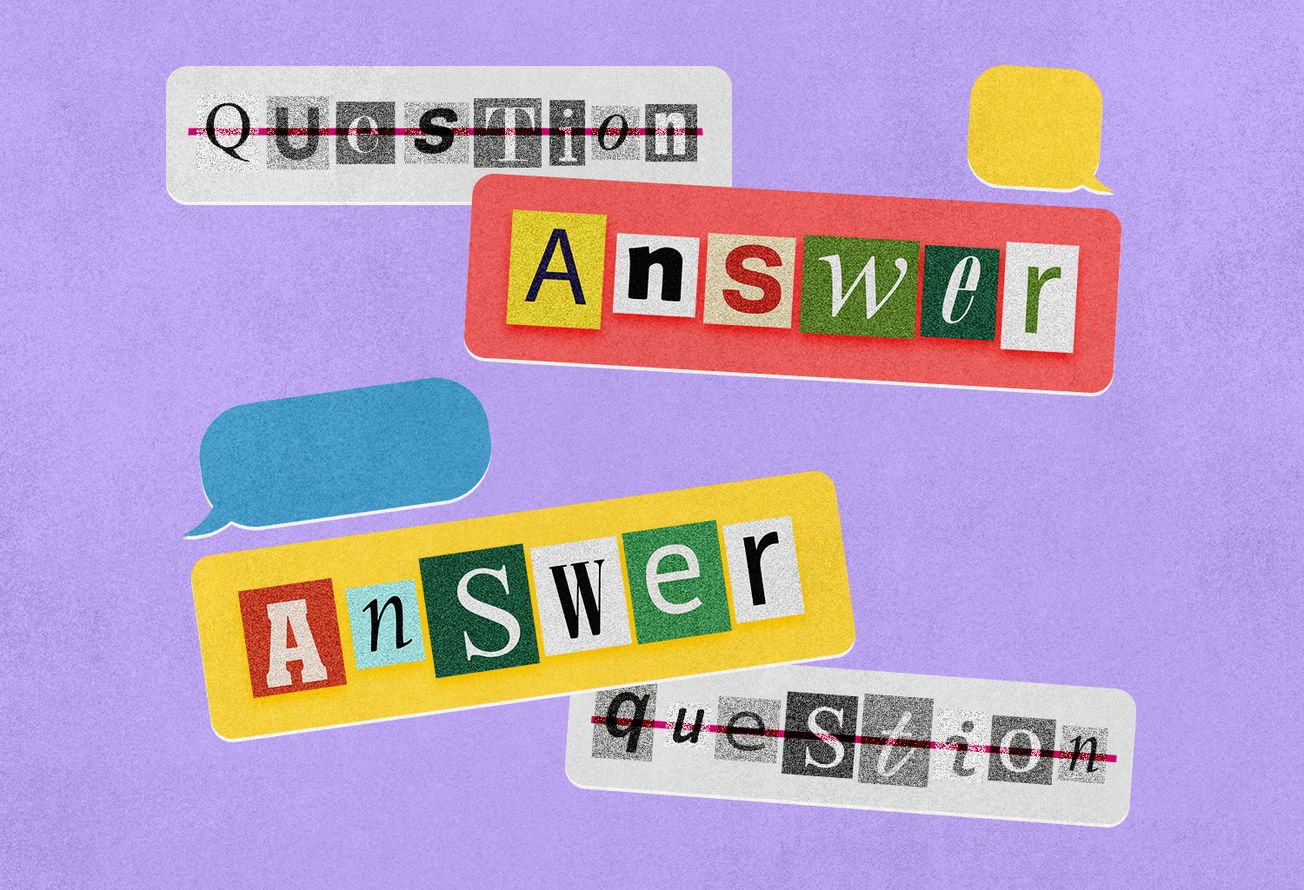Today is International Non-Binary People's Day and we want to talk about people who choose to use “she/they” and “he/they” pronouns.
But first, to all the “she/they” and “he/they” people out there—bravo for trying to break away from the rigidity of the binary! We are sending you love and light. And now for one of the best, most beautiful, and empowering explanations we have come across about people who use she/they or he/they pronouns, from the non-binary rights activist Jeffrey Marsh (they/them).
“I want to take the weight off of he/they and she/they shoulders and give you lovely cis-people ("cis" meaning non-trans people) some context so that when you see "she/they" in a bio, when you see "he/they" in a zoom signature, you will have a little bit more knowledge about how to be beautiful and respectful to people.
The pandemic has given so many people gender freedom. Wearing sweat pants from the waist down at work has given so many people the chance to loosen up their strictures and their structures around gender and around what we call the gender binary.
Binary, meaning two: he or she; man or woman. And that structure is crumbling. It has been crumbling for decades now but the pandemic has sped up that process...So many people have found that if they do not need to perform their gender quite so much in daily practice, that they feel better. They feel a sigh of relief.
They feel that they don't have to label themselves quite so enthusiastically as they once did and they feel that the pronoun "they" is comfortable for them, in addition to a binary pronoun. And that binary pronoun may be what they were born into or what most people would call them based on what they look.
But they also feel like there's room for "they". There's room for the rules to be softer, different, more inclusive in their life. And you can ask them how to use it or you can use "they" and see if you get corrected. See if they, she, or he wants you to use something different.
But the key is to treat them (people who use she/they or he/they pronouns) like a beautiful full human being who has realised that the structure of gender was chafing them in ways that become more apparent during this beautiful time of Gender-Delight in our society.” -Jeffrey Marsh (They/Them)
July 14 is celebrated as International Non Binary People’s Day in recognition of all those who identify as non binary. ‘Non-binary’, sometimes referred to as ‘enby’, is an umbrella term that includes all people who do not identify exclusively as a ‘man’ or a ‘woman’.
There is no one way of being non-binary. It is not limited to a specific way of presenting or being. Some people express their identity in ways that do not corroborate with the gender they were assigned at birth, some don’t identify with any gender, while some others may dress and act in gendered coded ways. Some people's gender changes over time. Some non binary people define themselves as transgender*, but others do not. Non binary people have multiple gender expressions.
*Most trans people identify with a gender and must be respectfully accepted as such.
Some non binary people present in ways traditionally coded as feminine on masculine. While this gender expression may align with a cis woman's or man's, it does not invalidate their non-binary identity. Someone can be cisgender and queer, or transgender or non-binary and straight. Some people may not want to be labelled at all. Sexual orientation and gender identity are separate–sexual orientation relates to what gender(s) you may be attracted to while gender identity relates to an individual sense of one’s gender(s).
Non-binary people use different pronouns to express their chosen identities, including both gender-neutral language and gender coded language. Many non-binary people use “they” while others use “he” or “she,” and others use pronouns like “ze”. Acknowledging these pronouns is an important way of respecting their identity.
Non binary identities are central to rethinking the violence of the gender binary. Gender identity does not have to conform to strict and oppressive rules. Whether your non-binary identity is rooted in the rejection of the man-woman dichotomy, or is an expression of a desire to transcend it, it is equally valid and deserves acceptance and respect.









